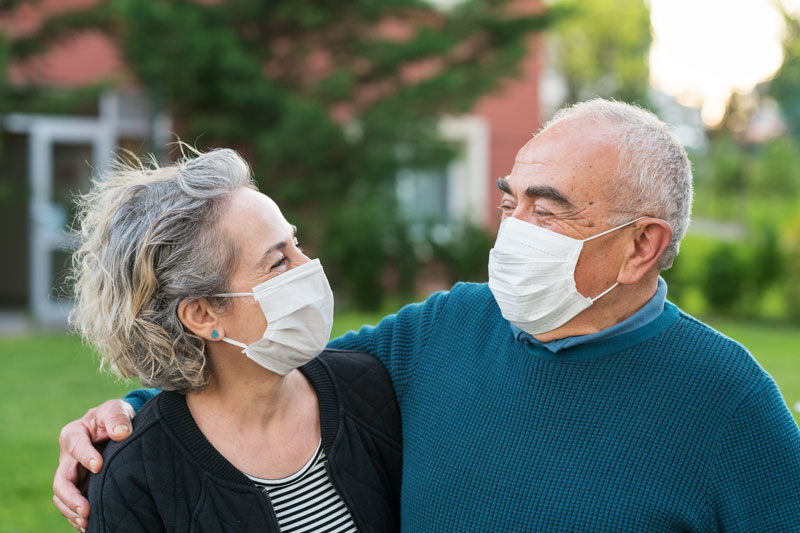
It’s flu season and it’s going to be a tough one warns Dr. Medha Chunduru with WellMed at Parkdale in Corpus Christi, Texas.
“Flu contamination was contained over the last two years because most of us were isolating and wearing masks during the COVID crisis. That really decreased our exposure to the flu, which is highly contagious,” she says.
Influenza is a viral illness that infects the nose and throat. With most viruses, our immune system fights off the illness naturally, which can take seven to 14 days. More severe cases can last 21 days to a month.
“The flu causes a range of symptoms, such as fever, fatigue, body aches and just a general feeling of being under the weather,” she says.
Dr. Chunduru recommends over-the-counter medications to relieve symptoms and staying well hydrated to help flush the virus from your system. Water, sport drinks, herbal teas and decaffeinated drinks all are good sources of hydration. “You’ll know you’re hydrated enough when your urine is clear, without any yellow or dark tinge,” adds Dr. Chunduru.
Tamiflu is the most well-known antiviral medication prescribed to fight the illness. But, Dr. Chunduru says that to work properly, it must be prescribed and taken within the first 48- 72 hours of the onset of flu symptoms. After that, it is ineffective.

While most of us can withstand a bout of the flu, Dr. Chunduru says it should be taken very seriously, because complications from the illness can be life threatening. Additionally, the flu can make chronic existing conditions worse, such as asthma. She recommends going to the hospital if you have flu symptoms plus pain or pressure in your chest or abdomen, dizziness or confusion, experience seizures or cannot urinate. Those are just some symptoms that can indicate severe complications.
According to Dr. Chunduru, the best protection against the flu is getting the flu vaccine. She recognizes some people are leery of getting vaccinated because they may feel flu-like for a day or two after receiving it. However, she explains that means your body is building immunity, which in turn, will help you fight off a serious bout of the flu.
As to why some people still get the flu even if they have had a vaccination, Dr. Chunduru explains that viruses continually change. “This year’s vaccine is geared to fight last year’s strain,” she says. “If the virus has mutated since then, you can still get the flu even after the vaccine. However, the vaccine reduces the intensity and duration of the illness.”
With the holidays on the horizon, Dr. Chunduru is aware that many of us will be spending time in enclosed spaces with large groups of family or friends, and possibly flying to those gatherings. These are the perfect breeding grounds for spreading flu. In addition to getting vaccinated, she offers three other important pieces of advice for avoiding the flu during this time:
- Hydrate, especially if you plan to fly during the holidays because flying increases dehydration. “Airplanes are germ pools because you’re in an enclosed area breathing recycled air,” she says, explaining that even hepa filters don’t help if the person sitting next to you is unmasked, sneezing and coughing.
- Wash your hands frequently. Hand sanitizer is better than nothing because it does kill bacteria, but the dead germs remain on your hands. Washing your hands remains the best way to keep germs at bay.
- Wear a mask. Dr. Chunduru advises to wear a mask indoors around groups of people and on flights until flu season ends at the beginning of March.
Dr. Chunduru adds that you remain contagious as long as you have symptoms of flu, so be mindful of preventing the spread, especially among those who may have a weakened immune system.
